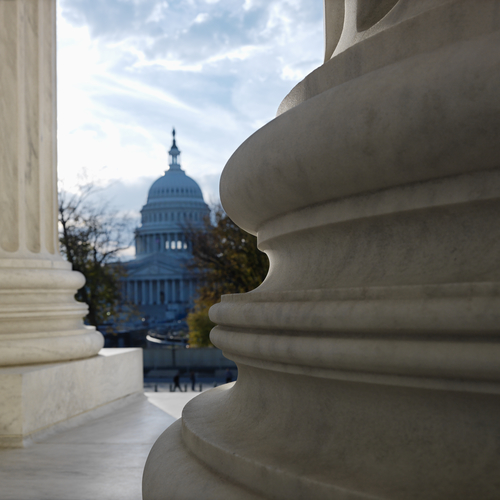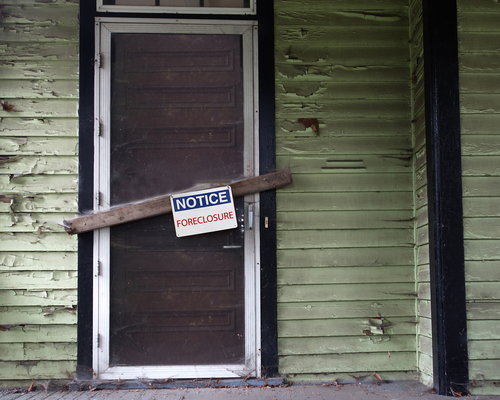Urgent Creditor Alert: Significant Changes to Bankruptcy Rule 3002 Effective December 1, 2017
 By Michael L. Moskowitz and Melissa A. Guseynov
By Michael L. Moskowitz and Melissa A. Guseynov
Creditors beware: changes are afoot and attention must be paid to these changes or your rights in bankruptcy may be prejudiced. We have previously written about the practices and procedures required under Rule 3002 of the Federal Rules of Bankruptcy Procedure (“Bankruptcy Rules”). However, as of December 1, 2017, certain revisions to Bankruptcy Rule 3002 will both require secured creditors to file proofs of claim and substantially reduce the amount of time provided to creditors to file a proof of claim in Chapters 7, 12 and 13 bankruptcy cases.
It has long been recognized that for a secured claim to be “allowed” in bankruptcy, a creditor must file a proof of claim. In its current form, Bankruptcy Rule 3002(a) merely states that an “unsecured creditor or an equity security holder must file a proof of claim or interest …” The fact that Bankruptcy Rule 3002 does not specifically mention secured claims has resulted in conflicting case law as to whether a secured creditor must file proof of claim. As a result, the revised text of Bankruptcy Rule 3002 clarifies that a secured creditor must file a proof of claim in order for the claim to be “allowed.” However, the amended Bankruptcy Rule also provides that a secured creditor’s failure to file a proof of claim does not affect the underlying lien.

 Founding partners Richard E. Weltman and Michael L. Moskowitz are pleased to announce that effective May 15, 2017, the attorneys at Weltman & Moskowitz, LLP have become Counsel to the Chicago-based Chuhak & Tecson, P.C. law firm. This alliance allows both firms to develop new relationships and to expand Chuhak & Tecson’s presence in New York and New Jersey. Both firms remain independent.
Founding partners Richard E. Weltman and Michael L. Moskowitz are pleased to announce that effective May 15, 2017, the attorneys at Weltman & Moskowitz, LLP have become Counsel to the Chicago-based Chuhak & Tecson, P.C. law firm. This alliance allows both firms to develop new relationships and to expand Chuhak & Tecson’s presence in New York and New Jersey. Both firms remain independent. 

 By Michael L. Moskowitz and Melissa A. Guseynov
By Michael L. Moskowitz and Melissa A. Guseynov















